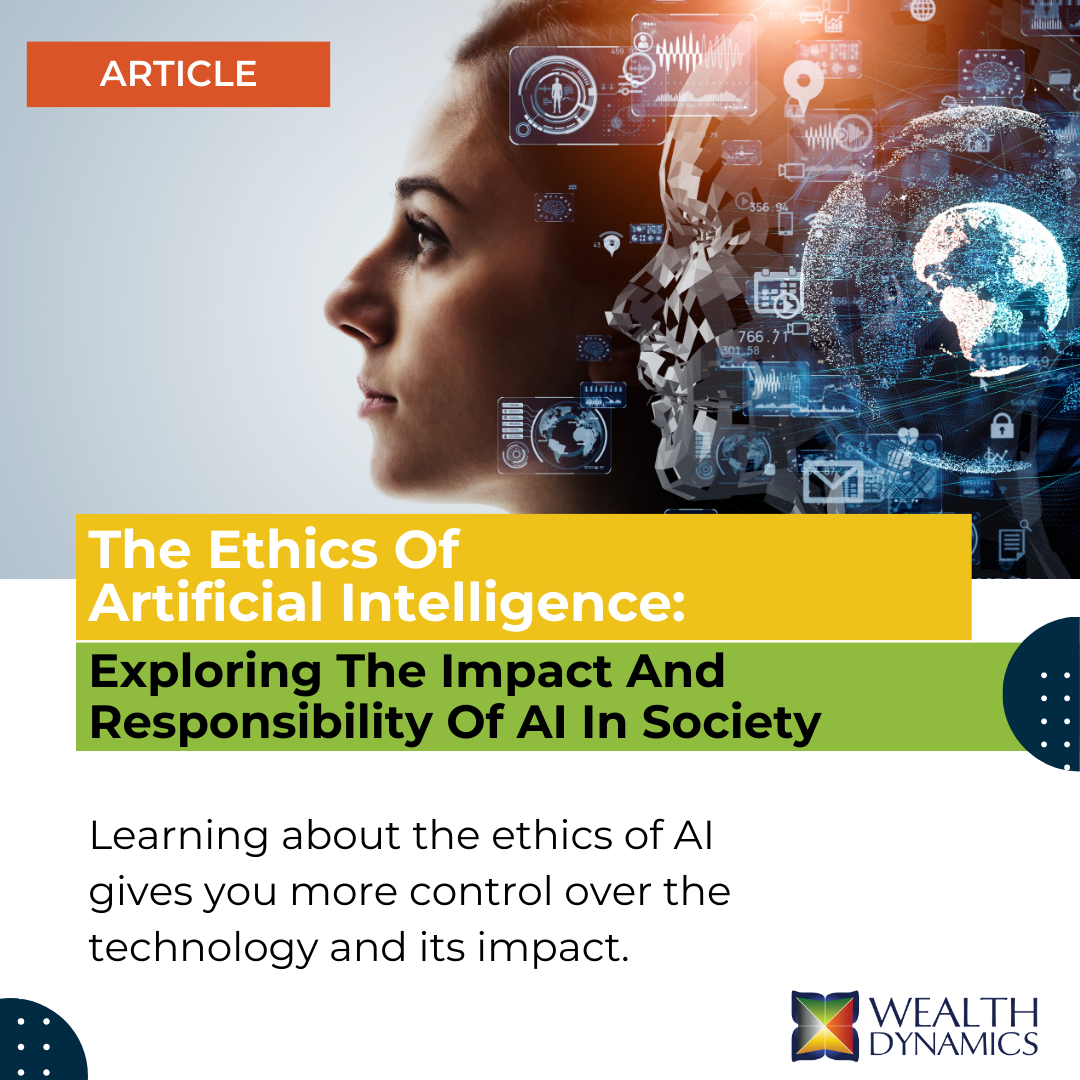
Artificial Intelligence (AI) has made tremendous strides in recent years, transforming the way we live, work and communicate. From chatbots and virtual assistants to self-driving cars and medical diagnosis tools, AI has become a crucial part of our daily lives. However, as AI continues to advance, questions about the ethics and impact of this technology on society are becoming increasingly urgent.
The ethical concerns surrounding AI are varied and complex, and they raise important questions about the responsibility of individuals, corporations, and governments in creating and deploying these technologies. In this blog, we will explore some of the key ethical considerations related to AI and its impact on society.
-
Bias and Discrimination:
One of the most pressing ethical concerns related to AI is the issue of bias and discrimination. AI systems are only as unbiased as the data they are trained on, and if that data contains bias or discrimination, then the AI system will perpetuate those biases. This is particularly concerning in areas such as criminal justice, where AI systems are being used to predict recidivism rates and make decisions about bail and parole.
-
Privacy and Surveillance:
Another ethical concern related to AI is the issue of privacy and surveillance. AI systems are capable of collecting vast amounts of data on individuals, including their browsing history, location data, and social media activity. This data can be used to create highly detailed profiles of individuals and can be used for targeted advertising, but it also raises questions about privacy and the potential for abuse.
-
Responsibility and Accountability:
As AI becomes more advanced and autonomous, questions arise about who is responsible when things go wrong. For example, if a self-driving car causes an accident, who is responsible – the manufacturer, the software developer, or the car owner? As AI becomes more autonomous, these questions become more complex, and it is important to establish clear guidelines for responsibility and accountability.
-
Transparency and Explainability:
Another important ethical consideration related to AI is the issue of transparency and explainability. As AI systems become more complex, it becomes increasingly difficult to understand how they are making decisions. This lack of transparency can make it difficult to trust AI systems and can raise concerns about the potential for bias or discrimination.
-
Job Displacement:
Finally, the impact of AI on jobs and employment is an important ethical consideration. While AI has the potential to create new jobs and increase productivity, it also has the potential to displace workers and exacerbate inequality. It is important to consider the impact of AI on employment and to develop strategies for retraining and supporting workers who are displaced by AI.
As AI continues to advance, it is essential that we engage in ongoing dialogue and debate about its impact on society and work to create a future that is ethical, just, and equitable.
















Leave a Reply